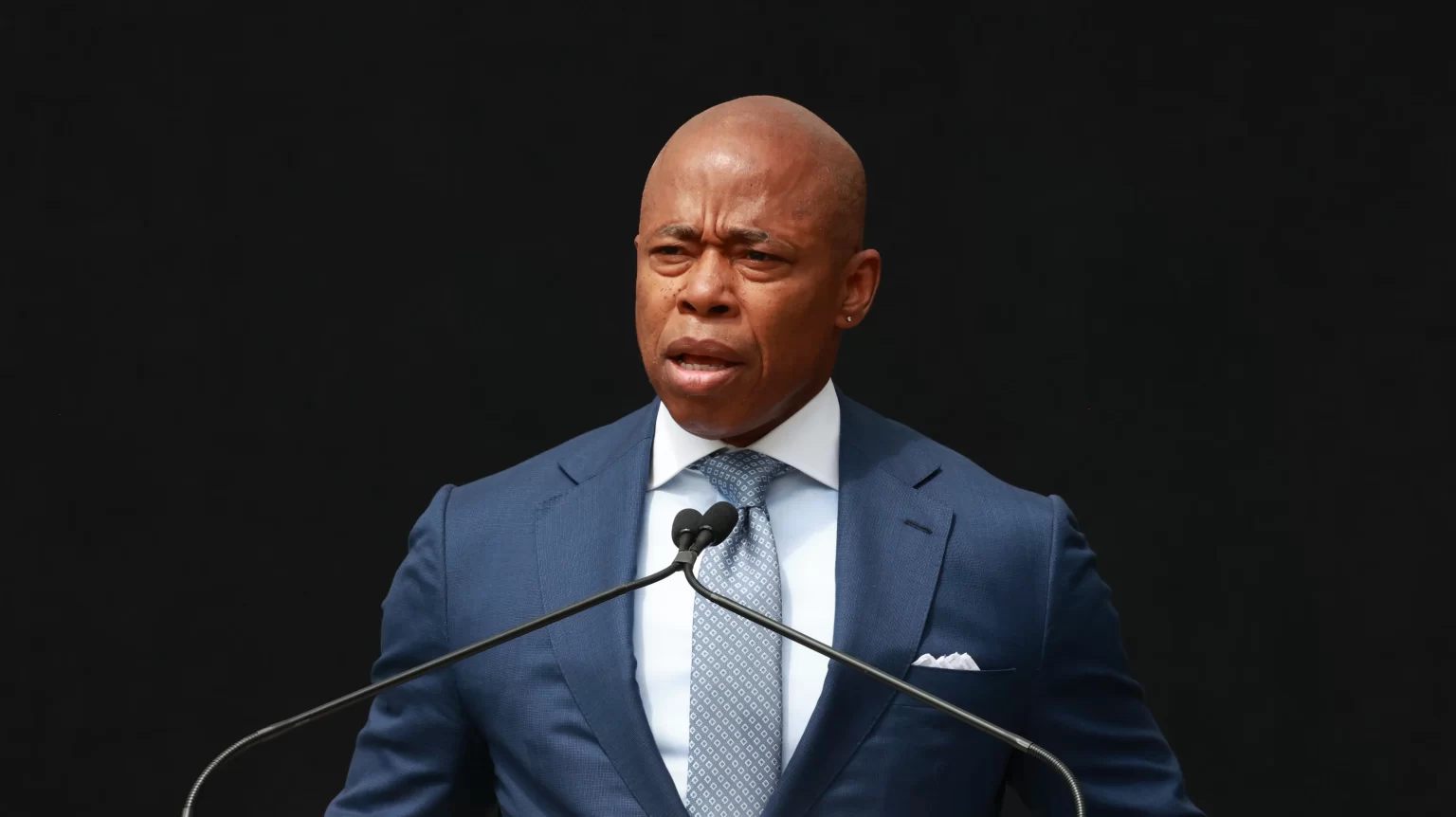New York City Mayor Eric Adams is preparing for a federal corruption trial just as he gears up for his re-election campaign. Set to begin on April 21, 2025, the trial date was determined after Adams’ attorneys requested an earlier start to clear his name ahead of the Democratic primary in June. Highlighting the “grave democratic concern” of delaying the trial, Adams’ legal team emphasized the need for a swift resolution—although the urgency may seem lost on New Yorkers, who are closely watching his bid to fight off five charges, including a contentious bribery count.
Adams’ lawyers moved Friday to dismiss the bribery charge, arguing it doesn’t meet federal definitions for a quid pro quo. Federal prosecutors claim Adams provided political favors to Turkish officials in exchange for $100,000 worth of luxury perks, travel upgrades, and campaign contributions from Turkish and other foreign nationals. The judge has yet to rule on this dismissal request, leaving the bribery count intact for now.
Appearing stoic in court, Adams vigorously nodded in agreement with his attorney’s call for a timely trial. In public, however, he has maintained his innocence, denying the allegations as he navigates both legal and political storms in a city that may or may not be convinced by his plea for a quick exoneration.
Background on the Adams Case
For those less familiar with Adams’ situation, his case stands as one of the most significant corruption trials in recent New York City history. The indictment accuses Adams of leveraging his mayoral office to provide favorable political favors to foreign nationals and specifically to Turkish officials. In exchange, prosecutors allege Adams received substantial financial incentives, luxury travel upgrades, and perks that violate federal laws against foreign influence in U.S. politics.
The controversy is deepened by Adams’ associations and public actions that have raised eyebrows since his election. Known for his close relationship with music mogul Sean “Diddy” Combs, Adams attended numerous public events with Combs and often sought counsel from high-profile figures in entertainment and politics. Adding further intrigue, he was inducted into the Freemason society at Gracie Mansion, the official residence of NYC mayors. This public ceremony led some critics to question his alliances and priorities, particularly as Freemasonry holds historical significance and influence within certain political spheres.
Adams’ ambitions extend beyond typical mayoral aspirations; he has often hinted at a potential future in national politics, making this trial and its timing all the more critical to his career. With the trial beginning just months before the primary election, Adams’ aggressive push for an earlier trial date reveals his urgency to clear his name and salvage his re-election campaign. However, given the severity of the allegations, many New Yorkers doubt that a rapid trial will sway public opinion enough to secure another term.
New Yorkers are left to wonder: will a rapid trial and possible vindication make the “Party Mayor” a trusted choice at the ballot box? Or, will his legal troubles cast too long a shadow over his campaign for a second term? With his trial date looming and public scrutiny intensifying, Adams’ legal and political battles are converging in a high-stakes race to preserve his legacy—or risk losing it altogether. Adams’ next court date is set for December 20, keeping his case and candidacy squarely in the public eye.
